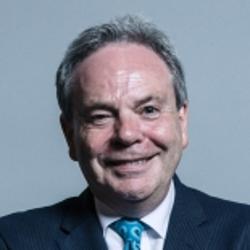Democratic Republic of Congo
(asked on 9th June 2014) - View SourceQuestion to the Foreign, Commonwealth & Development Office:
To ask the Secretary of State for Foreign and Commonwealth Affairs, what assessment he has made of progress in the development of governance in the Democratic Republic of Congo.
Decades of conflict and a lack of accountability and transparency have left the country unstable, lacking infrastructure and social services, and falling well short of its economic potential.
Weak governance in the Democratic Republic of Congo (DRC) also presents many challenges. But after the surrender of the armed group M23 late last year, and recent indications that elements of the FDLR armed group also intend to surrender, 2014 provides an opportunity for greater stability in the Great Lakes.
During my visit to DRC in February, I witnessed the country's potential. I emphasised to the DRC Government including President Kabila the importance of making progress on key areas, including elections; economic reform; the disarmament, demobilisation and reintegration of former combatants; and the reform of the security sector. We discussed how the UK might best support the development and stability of the region through our support for the Peace, Security and Cooperation Framework, as well as our significant development programme.
DFID expect to spend £72.6million on governance and security in DRC between 2011 to 2015. This support has meant that in 2011, 31 million people registered to vote – of which 52% were women. By 2015, 1,025 communities will be empowered to monitor Local Government performance, 10million citizens will be trained on elections, rights and responsibilities and over 100 civil society organisations will be empowered to monitor government performance and influence government.

